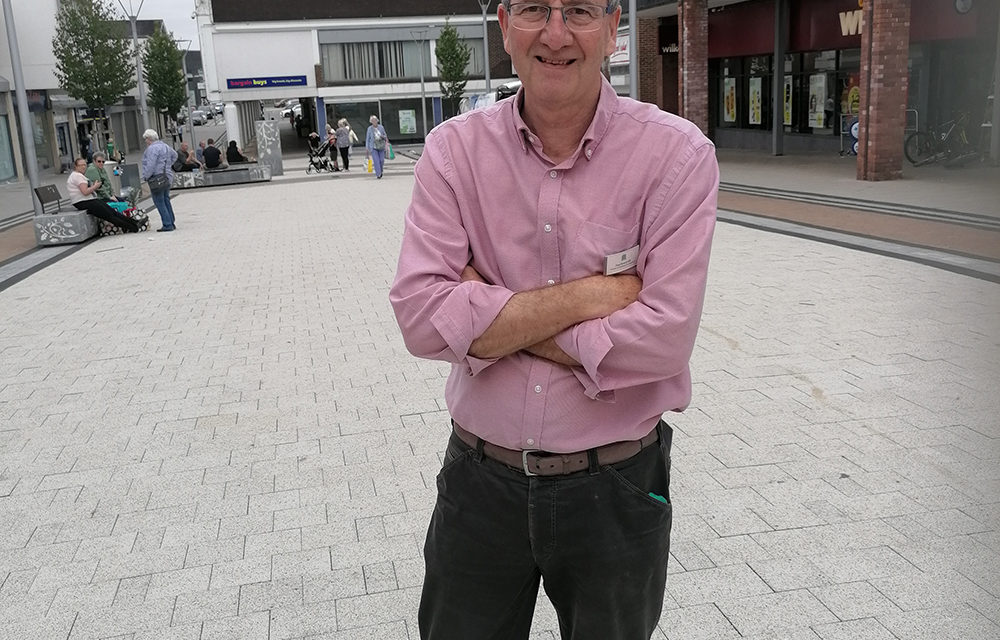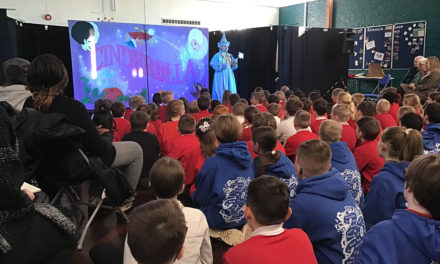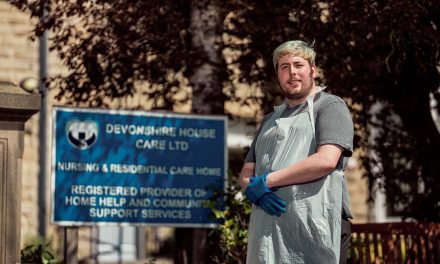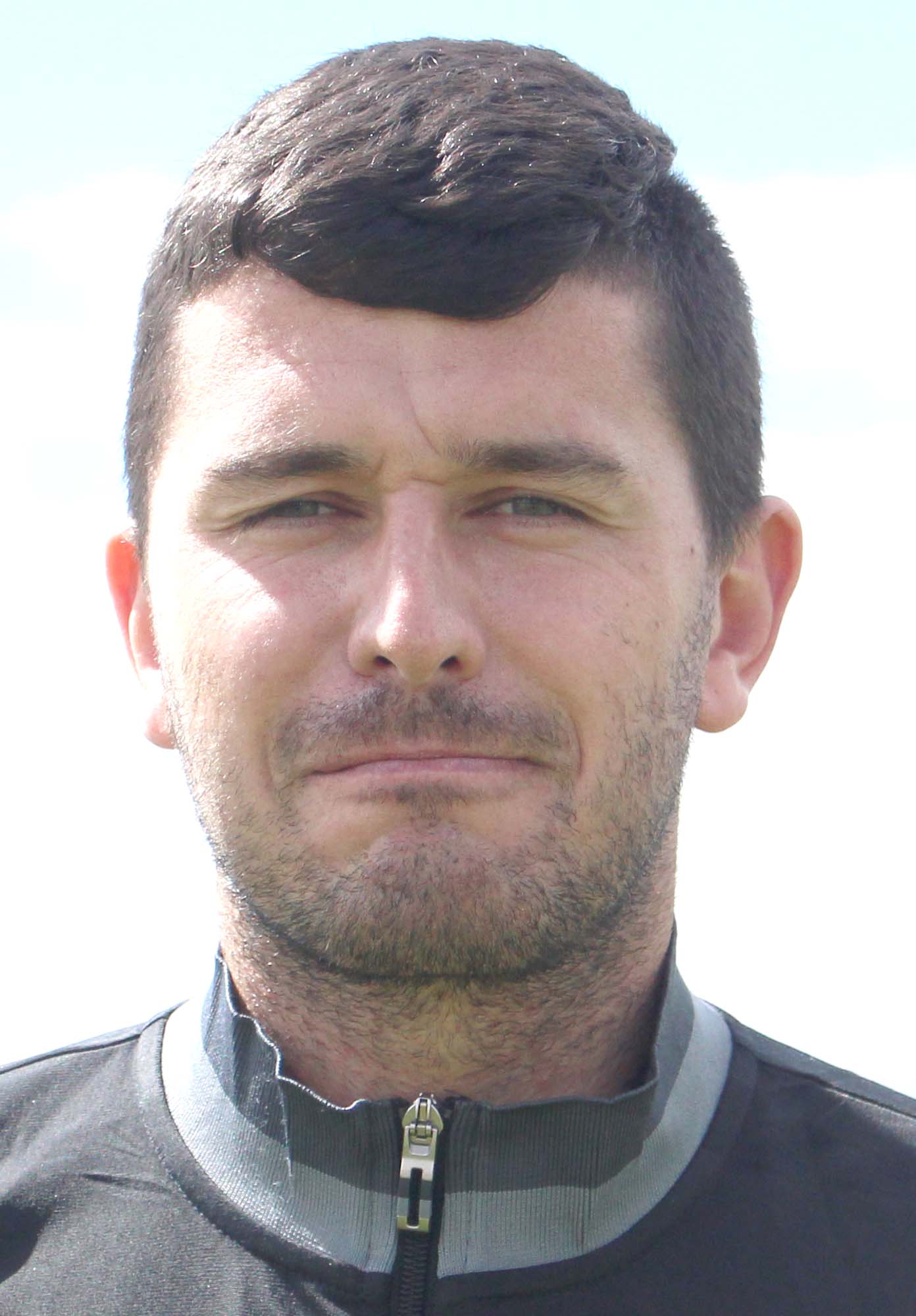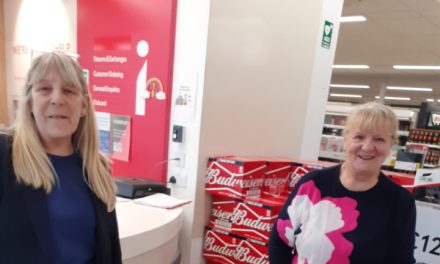I was away last week hence there was no column but, as you will have seen from our press releases, the week before we had the Minister for Exports visit on Tuesday and I was able to introduce him to the great business that is Roman Showers, he is the second export minister we have had visit. Afterwards, I took him to meet some local farmers at the Darlington Farmers Auction Mart. The discussions with the farmers were particularly useful as their opportunities from upcoming trade deals were very relevant and they can easily be missed from agendas for Ministers outside DEFRA. It was very interesting listening to how science led their operations are now and I hope to introduce their issues to others in complementary fields.
I had other catch ups with businesses on the Wednesday with discussions ranging from the cost of energy to housing legislation and I recorded the session with Phil Hawkins for Aycliffe Radio which he broadcast last Sunday. We spent time in the office planning our next schedule of surgeries around the constituency, as always, if you would like to catch up, please get in touch.
This week I caught up with the team from NEAME. (North East Advanced Material Electronics), a dynamic cluster working to revolutionise electronics beyond silicon. I am delighted to be supporting them.
On Wednesday, I am going up to Thornley, in the most northern part of the Sedgefield Constituency, to visit the Christians Against Poverty debt counselling centre based at The Little House of Hope as well as holding surgeries in Ferryhill and Newton Aycliffe. These will be after the print deadline so I will tell you more next time.
As the column is ‘Parliament Talk’ I would like to share some insights into Westminster. I said last time that I would try to explain the different mechanisms by which we can get ministers to be aware of issues we are concerned about. This also gives an insight into some of the other work that happens when we are not sat on the green benches of the main chamber.
One of these is what is known as a Westminster Hall debate. These take place in The Grand Committee Room which is just off Westminster Hall. Westminster Hall is one of the most historic parts of the Palace of Westminster. It is where Churchill and the Queen Mother, and many previous monarchs, were laid in state and where speeches were made by Nelson Mandela, amongst others.
Westminster Hall debates give MPs an opportunity to raise local or national issues and receive an immediate response from a government minister. Any MP can take part or table for a Westminster Hall debate.
Members apply for a Westminster Hall debate the week before they would like it to take place. In the application you outline the issue you would like to be discussed and how long you would like to debate it for. Westminster Hall debates are 30, 60 or 90 minutes long, dependant on how many other members wish to attend and contribute.
In terms of the debate procedure, it begins with the chair who calls the MP whose debate it is to make an opening speech. In a 30-minute debate, the minister will reply straight after the opening speech, unless a backbencher has been given permission to engage in the debate by the MP whose debate it is.
In 60 and 90-minute debates, the chair will call MPs in the following order. The MP, whose debate it is, makes their opening speech; backbenchers; frontbencher from the third largest party; frontbencher from the official opposition; the minister to respond and finally the MP whose debate it is to sum up.
The debates are on a huge variety of topics, with recent examples ranging from anti-social behaviour week, the cost-of-living crisis and the Leamside Line. You can view my contribution to the Leamside Line debate on my social media platforms or by visiting Parliament TV.
If there is anything else you would like me to explain, please feel free to get in touch with me through the usual routes, by email to paul.howell.mp@parliament.uk or ring 01325 790580.
Paul Howell, MP for Sedgefield
Parliament Talk
